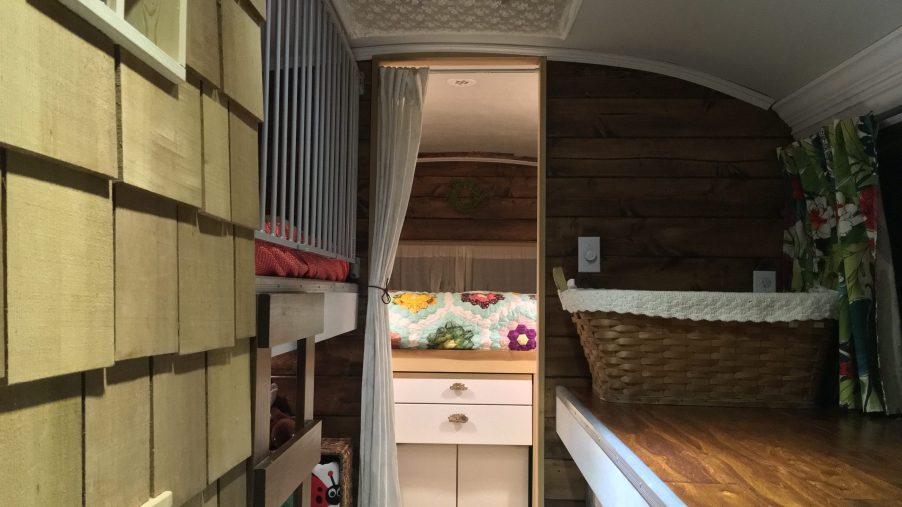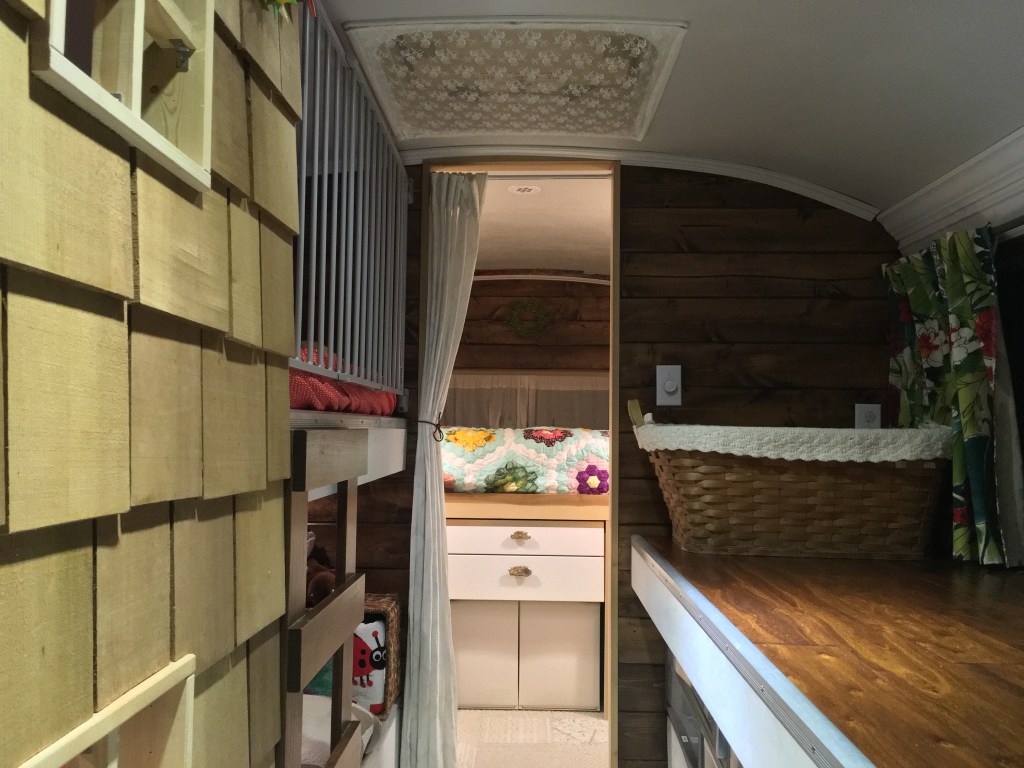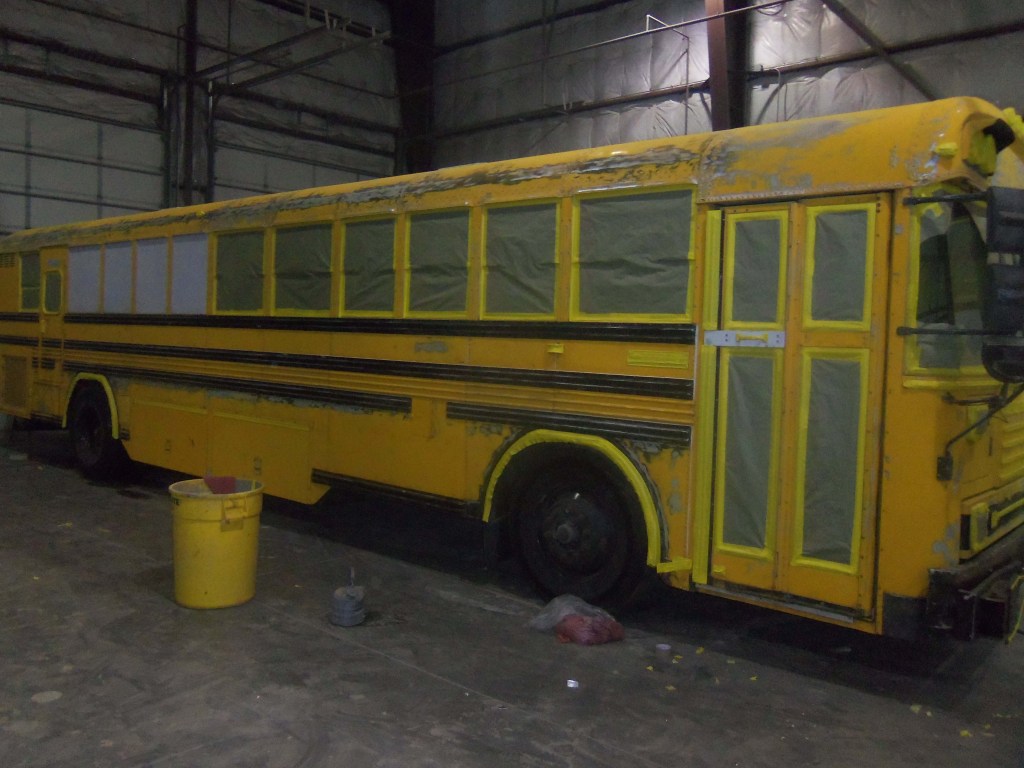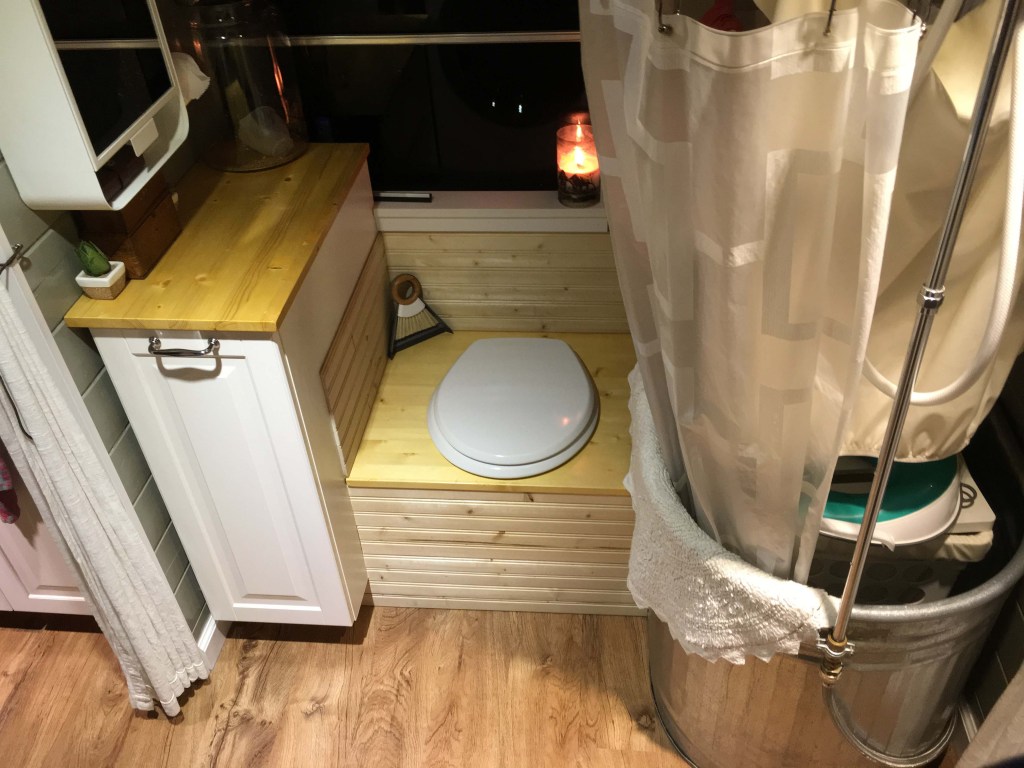
Everything You Need to Know About School Bus Conversion Insurance
Full-time travel in a school bus conversion has become a coveted lifestyle. Social media is filled with images of freedom and mobile luxury that promise a carefree life on the road. The reality is, a lot of work goes into making these DIY RVs street-legal. Each state has unique laws and ordinances, but some universal steps must be followed to insure a converted school bus properly.
Re-titling is the first step to a legal conversion

The first step school bus conversion owners must take is re-titling their bus. This process differs slightly from state to state, but the basics are the same. Until the bus is fitted with certain features, it must remain titled as a school bus. To be legally driven as a recreational vehicle, a conversion must have current RV insurance. An RV title is necessary to purchase a policy.
While the requirements for an RV title vary, usually clearly defined living areas must be present. A conversion must include sleeping quarters, cooking appliances, climate control, a drinking water supply, and a 110-125 volt power source. Many states require an onboard bathroom as well. Some states go so far as to specify that a vehicle must have black and grey water tanks to qualify.
Once the required features have been installed, a bus can begin being registered as a recreational vehicle. An inspection may be required, but often photos to prove the bus has been converted will suffice. The rest of the process involves less manual labor but can still be a lot of work.
Find the right company for bus conversion insurance

The community of people who own school bus conversions is an invaluable resource for newcomers and road veterans alike. This nomadic lifestyle comes with unique challenges, and an experienced community can help find solutions. Anyone converting a school bus would do well to seek out other conversion owners.
Not all insurance companies are built the same. Each has its own policies and practices that determine if they’ll insure home-build RVs and how difficult that process may be for drivers. Tapping the school bus community is a great way to narrow down which insurance companies to work with. In addition, Consumer Reports offers a helpful comparison guide of some major companies.
Asking around is a great way to find an experienced insurance agent who understands the challenges of insuring a conversion. Agents can streamline the process and offer expert insights. It’s not uncommon for conversions to be denied insurance. This unfortunate outcome is less likely when an insurance agent works on behalf of conversion owners.
How much insurance do bus conversions need?

Every conversion owner must decide which insurance products work best for their needs, but there is a basic level of coverage that each state requires. For example, while a bus is under conversion and not titled as an RV, it must be insured with a personal use commercial vehicle policy. After conversion, owners need full-time RV insurance. These policies cover liability, collision, and comprehensive damages.
The insurance company will appraise each bus individually to assess coverage and fees. Additional types of insurance include personal items coverage, roadside assistance, uninsured/underinsured coverage. Personal items coverage is essential for full-time travelers who may have expensive equipment on board. Underinsured/uninsured policies cover the gap if an uninsured driver damages a conversion.
Insuring a converted school bus isn’t as easy as getting coverage for a traditional RV. Each policy is as unique as the build it covers. But, with research, planning, and the right help, it doesn’t have to be a headache. Having the right insurance provides priceless peace of mind while traveling on the open road.


